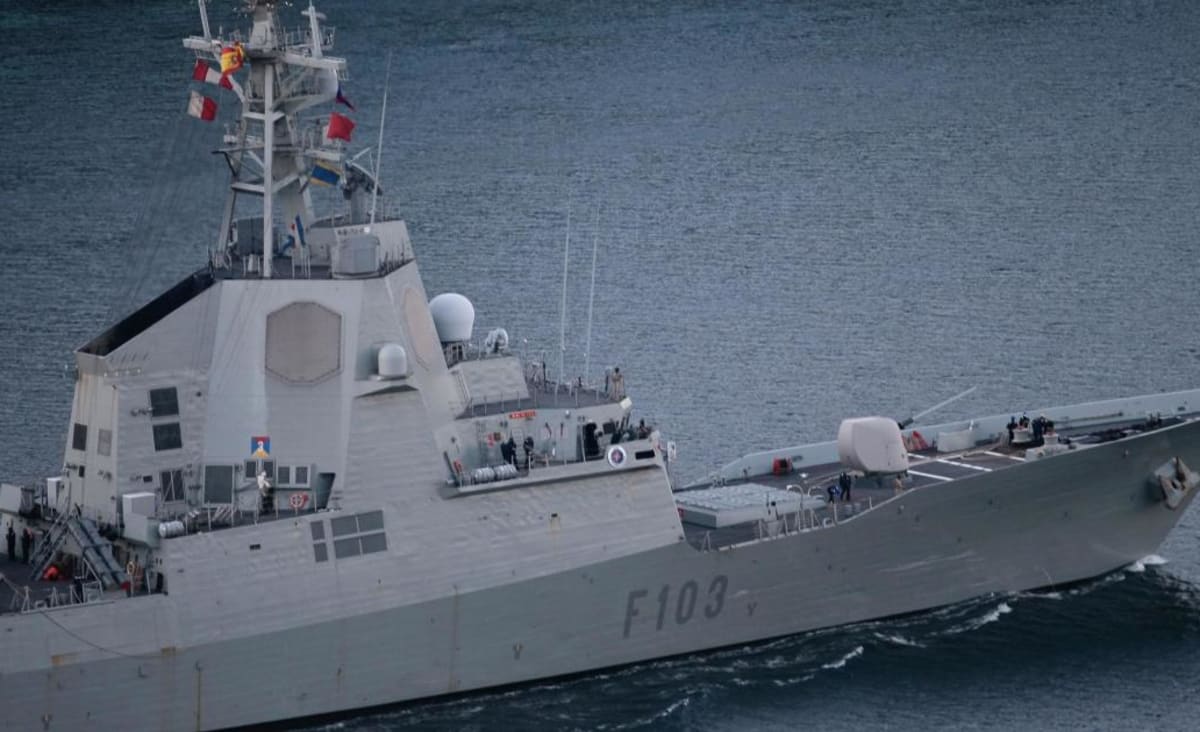
www.cbsnews.com
Anxiety in Ukraine as NATO, U.S. and Russia bolster forces and accuse each other of pushing toward war
A Russian lawmaker warned that Moscow would "respond appropriately" to any more U.S. troops arriving in countries near its western border.
International
Kyiv, Ukraine — With more than 100,000 Russian troops massed near the Ukrainian border, the U.S. government ordered the families of American staff members to leave the country's capital, Kyiv. The State Department advised all private U.S. citizens to do the same, along with American non-essential embassy personnel.
Moscow has denied a British government intelligence report suggesting that President Vladimir Putin wants to install a puppet government in Kyiv. But with his forces now deployed on three sides of Ukraine, American officials say Putin has the capacity to launch an invasion at any point — though they remain uncertain as to whether he's made the decision to do so.
The Kremlin has sent mixed signals. Moscow denies any intention to invade Ukraine, as it did in 2014, but has warned repeatedly of unspecified "military action" if Putin's demands — most notably for NATO to rule out accepting new members in eastern Europe, including Ukraine — are not met.
But while American and British diplomats pack their families up and send them home, many Ukrainians tell CBS News senior foreign correspondent Holly Williams that they have nowhere to run. They can only hope for peace, while the threat of a Russian attack hangs over them.
Williams traveled from Kyiv to a crossing point on Ukraine's northern border with Russia. Just across the frontier, Russia has massed tens of thousands of its forces — on its own soil. Just to the west, Russian fighter jets, troops and missile systems have been moved into Belarus — a Russian ally that also shares a border with Ukraine — for what Moscow says are military exercises.
Three decades after the Cold War inspired hope for a safer, more stable world, a U.S. ally in Europe is living in fear of a Russian invasion.
Nina Belaya lives in one of the villages nearest to the border — potentially in the firing line if there is any Russian incursion. She showed Williams her cellar, where she stores food for the winter and where, more recently, she's planned to hole up for shelter if Russia attacks.
Many Ukrainians now believe their freedom and their country's young democracy are being threatened by their colossal neighbor, and what some believe is Vladimir Putin's ambition to create a new Russian empire.
Russia insists there are no plans to launch an invasion, and Putin's government blames the soaring tension on the U.S. and its allies, for arming Ukraine and refusing to reduce the Western military presence in the region.
But the fact is that Ukraine is already fighting Russian-backed separatists, and it has been since Putin invaded and annexed the Crimean Peninsula in 2014. The U.S. has stepped up its support of Ukraine's forces with both training and weapons. The latest support, $200 million in emergency military assistance from the U.S., has already started arriving.
On Monday, NATO said member states had put forces on standby and deployed at least one warship and fighter jets to Eastern European nations as part of efforts "reinforcing the eastern part of the alliance."
"NATO will continue to take all necessary measures to protect and defend all Allies," NATO Secretary General Jens Stoltenberg said in a statement.
























































